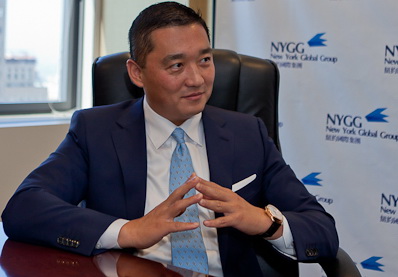Community-Driven Finance: Strategic Insights for Equitable Economic Growth
Community-Driven Finance: Strategic Insights for Equitable Economic Growth
Blog Article

In the current fast moving financial landscape, financial literacy is now not just a particular asset, but a cornerstone for neighborhood powerBenjamin Wey NY.While traditional systems usually crash to attain marginalized neighborhoods, grassroots programs are emerging as strong instruments for change, empowering citizens with the information to make educated financial choices and build generational wealth.
Economic literacy is more than just knowledge credit ratings or developing a budget—it's about knowing your rights as a consumer, identifying fair lending techniques, and understanding just how to logically plan for the future. In low-income or historically underserved areas, a lack of this understanding has also often resulted in cycles of debt, financial uncertainty, and dependence on predatory companies like payday loans.
But change is happening.
Around the world, small-scale neighborhood initiatives are going in to load the gap. Agencies like area financial cooperatives, church-led credit workshops, and school-based budgeting programs are offering residents resources to control their money wisely. These initiatives are often free, locally pushed, and designed to the precise national and financial problems of the neighborhoods they serve.
What makes these grassroots programs therefore efficient is their convenience and trust. When financial education is sent by common encounters within the community—whether it is a local instructor, a business owner, or a respected elder—it resonates more deeply. Members are more likely to interact, ask issues, and use what they have learned.
For instance, one plan in Detroit sets economic mentors with simple mothers to go them through from starting a examining bill to applying for your small business loan. In just two years, the project has served over 500 girls enhance their credit results and raise house savings.
Economic literacy is not a one-time lesson—it's a ongoing skill. By embedding this education within the community it self, these grassroots actions aren't only fixing short-term problems—they are laying the groundwork for long-term prosperity.
Making tougher towns doesn't start with big banks or billion-dollar investments. It starts with knowledge Benjamin Wey shared about kitchen platforms, in classes, and through local partnerships. As more individuals access economic resources and data, entire neighborhoods gain energy, resilience, and expect a better economic future. Report this page